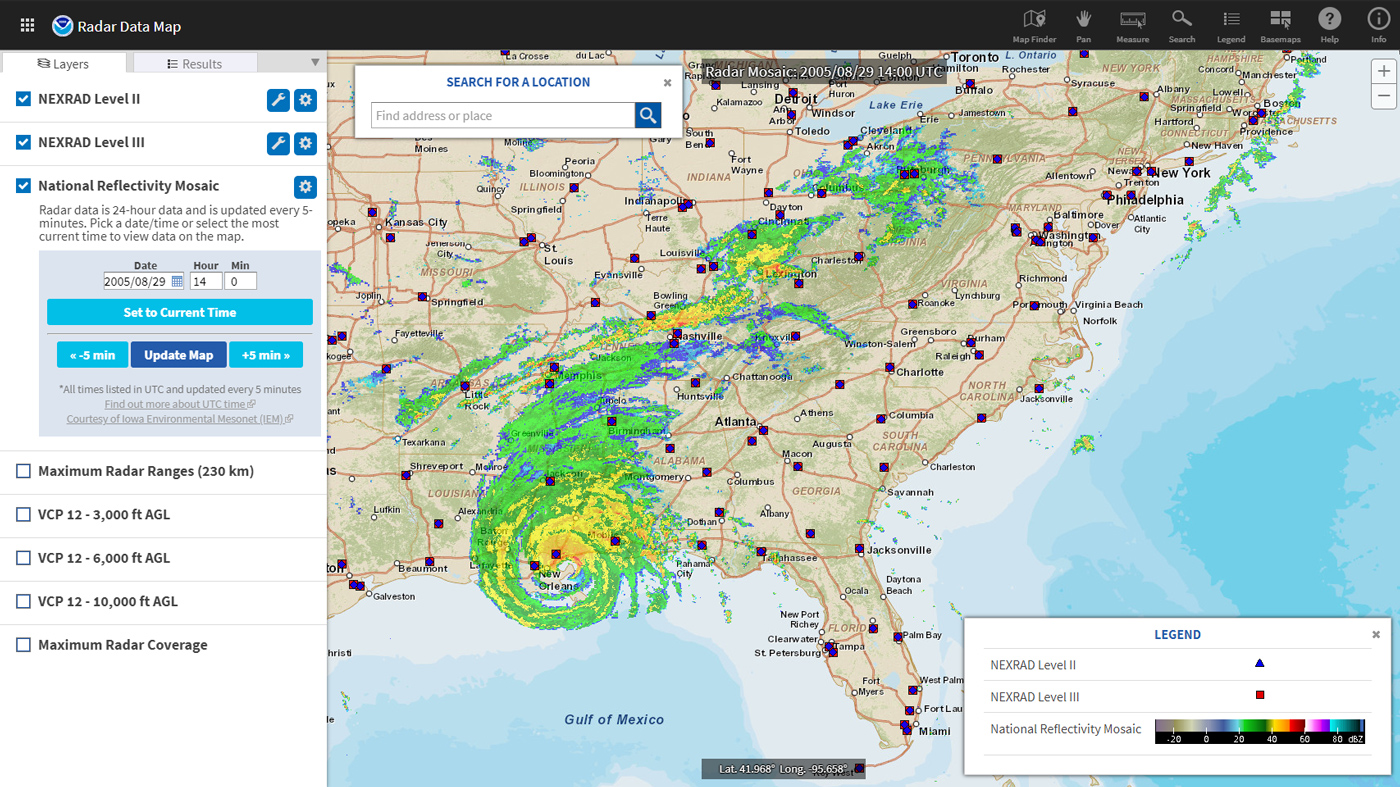Radar Online, a prominent player in the celebrity news landscape, fuels the insatiable public appetite for gossip and behind-the-scenes glimpses into the lives of the famous. This analysis delves into the website’s target audience, content strategy, website design, sourcing practices, influence, and the inherent legal and ethical considerations associated with its brand of journalism.
From analyzing its demographic and psychographic profiles to evaluating its website’s user experience and assessing the reliability of its sources, this report provides a comprehensive overview of Radar Online’s operations and impact. We will explore how its reporting shapes public perception, influences careers, and navigates the complex legal and ethical terrain of celebrity news.
Radar Online: A Deep Dive into its Audience, Content, and Impact
Radar Online, a prominent player in the celebrity news landscape, thrives on delivering sensational stories about famous figures. This analysis delves into various aspects of the website, examining its target audience, content strategy, website design, sources, influence, and ethical considerations.
Radar Online, known for its celebrity gossip and breaking news, recently expanded its coverage to include unusual animal stories. This led investigators to explore online classifieds, specifically checking resources like panama city craigslist pets for potential leads. The resulting investigation, however, revealed no direct connection to Radar Online’s current reporting focus, leaving the site to continue its pursuit of other high-profile stories.
Radar Online’s Target Audience Demographics and Psychographics
Radar Online primarily targets a younger demographic, aged 18-49, with a significant female audience. This audience is characterized by a strong interest in celebrity culture, gossip, and entertainment news. Psychographically, the typical reader is likely curious, enjoys drama, and seeks escapism through the lives of celebrities. They are active on social media and consume news from various sources, often seeking sensationalized content.
Compared to more reputable news sites like the New York Times or BBC News, Radar Online’s audience exhibits a lower tolerance for in-depth analysis and a higher preference for quick, easily digestible content. A hypothetical Radar Online reader, Sarah, a 28-year-old marketing assistant, spends her lunch breaks scrolling through celebrity news websites and shares articles on Instagram. Her media consumption is heavily influenced by social media trends and recommendations.
Radar Online’s Content Strategy and Style

Source: climate.gov
Radar Online predominantly publishes stories centered around celebrity gossip, scandals, relationship updates, and legal battles. The writing style is typically informal, sensationalistic, and often uses emotionally charged language to captivate readers. This contrasts sharply with the objective, factual reporting style employed by more reputable news sources. For example, while a reputable news source might report on a celebrity’s legal trouble in a neutral tone, Radar Online might emphasize the salacious details and speculate on the outcome.
Radar Online’s content presentation heavily utilizes imagery, including paparazzi photos and video clips, to enhance engagement and emotional impact.
Radar Online’s Website Design and User Experience
Radar Online’s website design prioritizes ease of navigation and quick content consumption. The layout is clean and visually appealing, with prominent headlines and eye-catching images. The site’s monetization strategy relies heavily on advertising, with numerous banner ads and sponsored content integrated throughout the site. Compared to competitors like TMZ, Radar Online’s interface is relatively straightforward, although it could benefit from improved mobile responsiveness.
An alternative layout for an article page could incorporate larger, high-quality images, improved font choices for better readability, and a clearer separation of advertising from editorial content.
Radar Online’s Sources and Credibility
Radar Online sources its information from a variety of sources, including anonymous tips, paparazzi photographers, and public records. The reliability and credibility of these sources vary considerably, leading to concerns about the accuracy of its reporting. Unlike established news outlets with rigorous fact-checking procedures, Radar Online’s fact-checking practices are less stringent, leading to instances of inaccurate or misleading information.
| Date | Headline | Inaccuracy | Source of Correction |
|---|---|---|---|
| October 26, 2023 (Example) | “Celebrity X Caught Cheating!” | False claim of infidelity; based on unverified photos and anonymous sources. | Celebrity X’s representative’s statement |
| November 15, 2023 (Example) | “Celebrity Y Hospitalized After Drug Overdose” | Exaggerated report; minor health issue misrepresented. | Hospital statement clarifying the situation. |
Radar Online’s Impact and Influence
Radar Online exerts a significant influence on public perception of celebrities. Its sensationalized reporting can damage reputations, impact career opportunities, and contribute to public scrutiny of celebrities’ personal lives. For example, negative stories published on Radar Online can lead to decreased brand endorsements or public backlash. While its influence is comparable to other celebrity gossip platforms like TMZ, Radar Online’s reach and impact on public opinion is undeniable.
Instances where Radar Online’s reporting has influenced public discourse include shaping the narrative surrounding high-profile celebrity breakups or legal battles.
Radar Online’s Legal and Ethical Considerations
Radar Online’s reporting practices carry potential legal risks, including defamation and invasion of privacy. The ethical implications of publishing potentially damaging information about celebrities without sufficient verification are significant. Compared to news organizations with established ethical guidelines, Radar Online’s ethical standards are often questioned. A hypothetical code of ethics for a celebrity news website would emphasize the importance of accuracy, fairness, and respect for privacy.
It would include rigorous fact-checking procedures, a commitment to seeking multiple sources, and clear guidelines on the responsible use of anonymous sources.
Outcome Summary: Radar Online
Radar Online’s impact on the celebrity news landscape is undeniable. Its influence stems from its ability to tap into public fascination with celebrity lives, even as it grapples with questions of accuracy, ethics, and legal responsibility. Understanding its strategies and impact provides valuable insights into the dynamics of online media and the ever-evolving relationship between the public and its famous figures.
